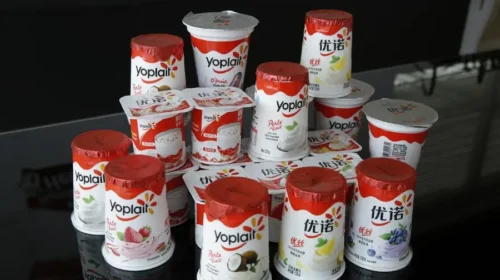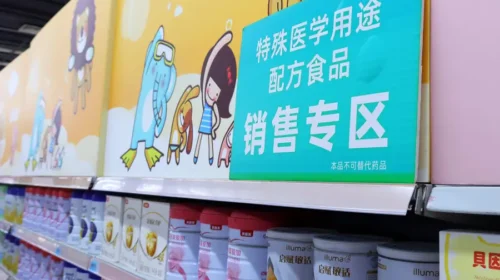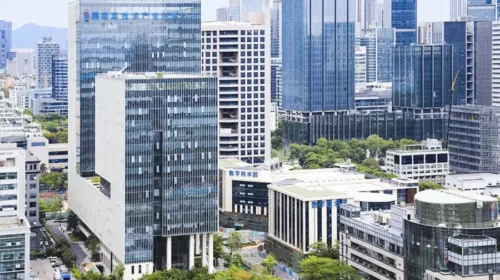FAST NEWS: HutchMed Shares Plunge on U.S. Cancer Drug Rejection

The latest: HutchMed (China) Ltd. (HCM.US; 0013.HK) announced late Monday that its Surufatinib drug for the treatment of advanced neuroendocrine tumors was denied approval by the U.S. Food and Drug Administration (FDA).
Looking up: The FDA indicated its denial was not related to any safety issues, but instead said that additional multi-regional clinical trials (MRCTs) more representative of the U.S. patient population would be needed to support a U.S. approval.
Take Note: The FDA determined that the current data package, based on two positive Phase 3 trials in China and one bridging study in the U.S., does not support an approval in the U.S. at this time.
Digging Deeper: With treatment options very limited worldwide, the FDA granted Surufatinib with fast-track designation in April 2020 for the treatment of pancreatic and extra-pancreatic neuroendocrine tumors. In May 2020, HutchMed and the FDA agreed that the two positive Chinese Phase 3 studies of Surufatinib for the treatment of the above diseases, along with a bridging trial in the U.S., could form the basis to support a U.S. new drug application (NDA) submission. But the FDA ultimately determined the data was insufficient.
Market Reaction: HutchMed’s Hong Kong shares opened down 14.6% on Tuesday and closed down 18.5% at the midday break. They now trade at a new low of HK$20.95 following their Hong Kong IPO last June, and are down 48% from the IPO price.
Translation by Jony Ho
To subscribe to Bamboo Works free weekly newsletter, click here





